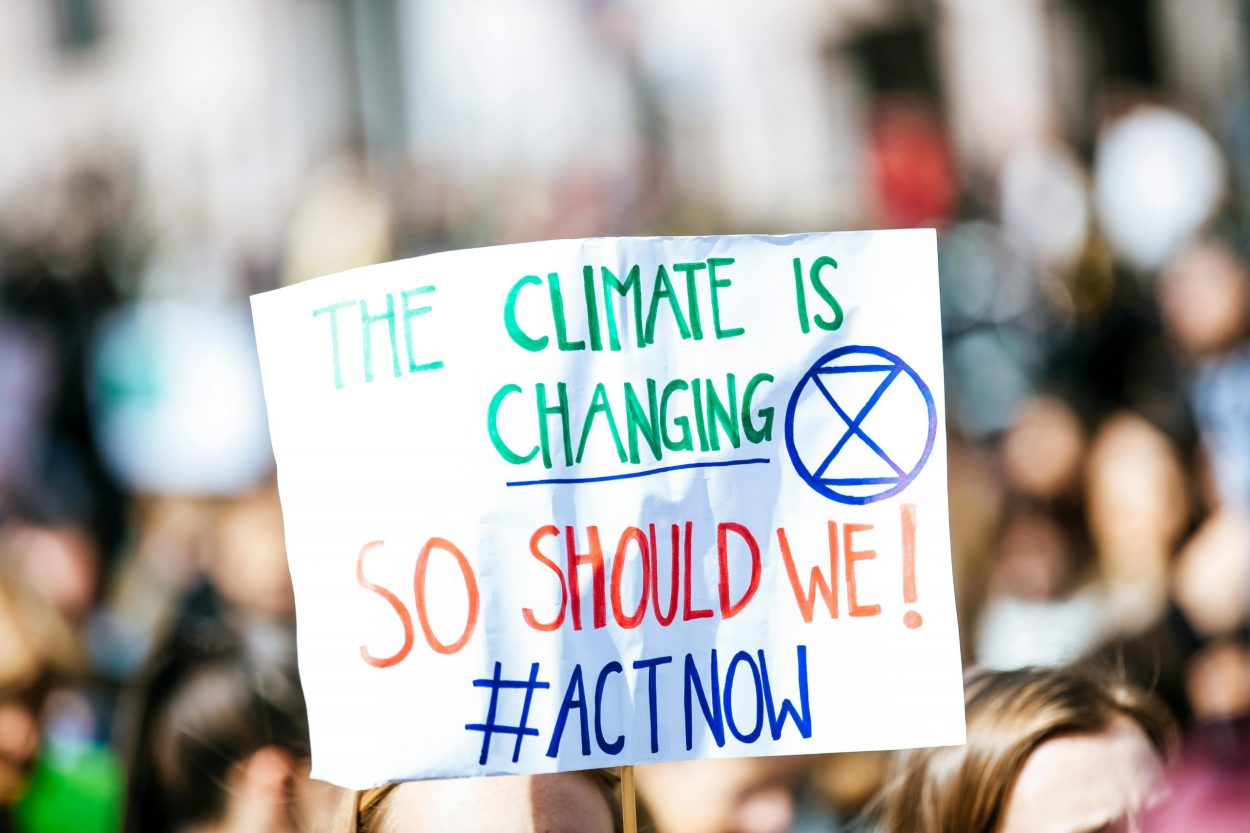Sports in the climate crisis’ crosshairs
Climate change is beginning to affect and cause significant concern in the sports industry. Extreme temperatures, wildfires, floods, storms, and air pollution directly impact the health, safety, and mobility of athletes and spectators, which can lead to reduced ticket sales, game cancellations, and even risks of accidents involving large groups of fans. The climate crisis affects everyone.
Worldwide, sports facilities (such as tennis courts, football stadiums, and many others) need to be re-evaluated due to the risks posed by extreme weather events. A recent study, Future of Sport, conducted by Backslash, a division of the TBWA collective, highlights that 1 in 4 stadiums in England’s top football leagues may face partial or total flooding over the next 25 years.
The survey also shows that winter sports face an even more immediate threat. Due to global warming, the International Olympic Committee (IOC) announced that only 10 countries will be able to host the Winter Olympics after 2034. The study points out that outdoor ice rinks and ski slopes will soon become unfeasible without artificial cooling and snow-making machines.
These issues are affecting various countries worldwide and have now reached Brazil. We are facing new challenges for clubs, athletes, and sponsors, and we are not prepared to manage this crisis.
Recently, the wildfires spreading across the country worsened air quality across the Brazilian territory. What we witnessed was a lack of planning and a communication vacuum. Authorities failed to inform the public about concrete measures to be adopted, and those responsible for Brazil’s sports calendar, even at the youth level involving children and teenagers, simply continued with scheduled events.
Clearly, sports are not a priority compared to other sectors that are (and will increasingly be) affected by climate change. Housing, healthcare, food security, transportation, and public safety are more pressing issues. Currently, the country is still struggling to implement basic governance measures in sports to address issues like corruption and failures in enforcing existing laws.
However, the climate threat cannot be left off the national agenda, as sports generate billions of reais (with the football industry alone accounting for 0.75% of the country’s GDP) and hold a significant place in the hearts and minds of the population. A challenge to addressing this issue effectively lies in the governance deficit within our sports ecosystem.
For this reason, the topic has already been incorporated into the agenda of the Pacto Pelo Esporte (Sports Pact), an organization I am part of, which was born years ago from a movement of former athletes, current athletes, and sponsoring companies. The goal is to demand better governance from clubs and sports organizations, encouraging and pressuring them to enforce existing laws transparently and democratically. The entity aims to carry out long-term work to ensure the sustainability of sports in Brazil in an environment that fosters professional, social, and economic development for athletes and organizations.
If we want to be prepared to address the issue of climate change and its effects on sports, it is essential that we resolve the governance issue. With strong and transparent institutions, we will be better equipped to face the impacts of climate change on sports and competitions.
Destaques
- Theme of the Year “Communication for Transition” Renewed for 2025
- Web Summit Lisbon 2024: Innovation and Ethics in a Future Shaped by AI
- Global Alliance Launches Recognition Program for Young Communicators
- Alejandro Cornejo Montibeller Joins the Latin American Regional Council of the Global Alliance
- LiderCom Meeting Discusses International Expectations for COP30
ARTIGOS E COLUNAS
Pablo Assolini 5 erros que prejudicam estratégias de conteúdo proprietárioLeila Gasparindo Tendências para 2025: Comunicação Corporativa em transformação e oportunidades no cenário midiáticoHamilton dos Santos Mundo vive tempos de ciúme comercialLuis Alcubierre O viés de confirmação interpretativaCarlos Parente As sutilezas no ofício da comunicação, para não ofuscar o Rei Sol
































